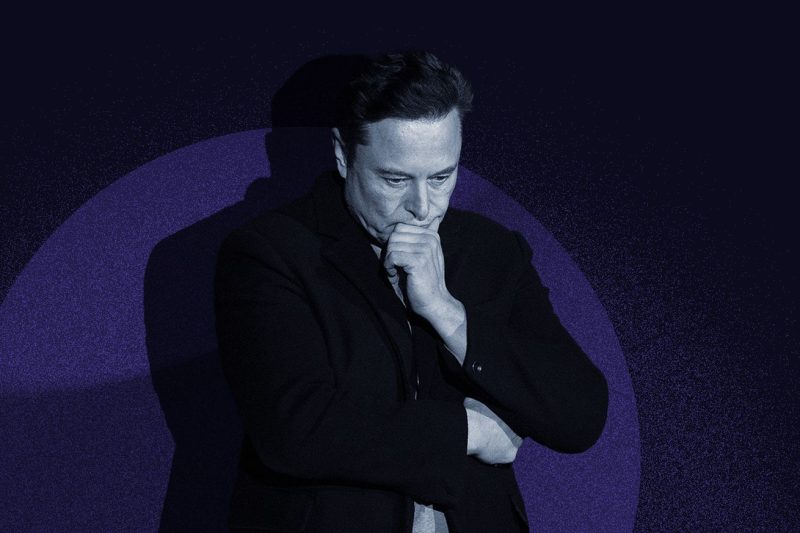In recent years, Elon Musk, the billionaire entrepreneur behind companies such as Tesla and SpaceX, has garnered both admiration and criticism for his unconventional approach to business and technology. While Musk has gained a reputation as a visionary leader pushing the boundaries of innovation, he has also faced scrutiny over his interactions with individuals and government entities. One such instance involves allegations of harassment directed towards individual federal workers, raising questions about Musk’s behavior and the ethical implications of his actions.
The controversy surrounding Elon Musk’s alleged harassment of individual federal workers stems from his involvement in high-profile projects that intersect with government agencies. As the head of SpaceX, Musk has cultivated a close relationship with NASA and other federal bodies, collaborating on initiatives such as the development of space technology and exploration. This close partnership has led to accusations that Musk has exerted undue influence and pressure on federal employees to further his own agendas.
One of the key incidents that fueled the accusations of harassment occurred during a contentious meeting between Musk and a group of federal workers overseeing a project related to SpaceX. According to reports, Musk became increasingly hostile and aggressive towards the workers, berating them for perceived shortcomings and demanding swift action on his proposals. Some witnesses claimed that Musk’s behavior crossed the line into harassment, creating a hostile work environment and placing undue stress on the federal workers involved.
The allegations of harassment directed towards individual federal workers have raised broader concerns about Musk’s leadership style and the boundaries of acceptable conduct in the corporate world. As a high-profile figure with a significant impact on various industries, Musk’s actions are closely scrutinized, and any misstep can have far-reaching consequences. Criticisms of Musk’s behavior highlight the need for accountability and transparency in dealings with government entities and employees, emphasizing the importance of ethical guidelines and professional conduct in all interactions.
In response to the allegations of harassment, Musk and his representatives have maintained that his actions were justified and necessary given the circumstances. They argue that Musk’s passion for innovation and his drive to push the boundaries of technology sometimes lead to intense conversations and disagreements, but that his intentions are ultimately in the pursuit of progress and excellence. Musk’s defenders point to his track record of success and his transformative impact on industries such as electric vehicles and space exploration as evidence of his positive contributions.
Despite the justifications offered by Musk and his supporters, the allegations of harassment directed towards individual federal workers remain a source of controversy and debate. The incident has sparked discussions about the responsibilities of corporate leaders towards government employees, the limits of acceptable behavior in professional settings, and the importance of maintaining respectful and constructive relationships with all stakeholders. As Elon Musk continues to shape the future of technology and business, the scrutiny of his actions and the ethical implications of his conduct will remain a prominent topic of discussion in the public sphere.

